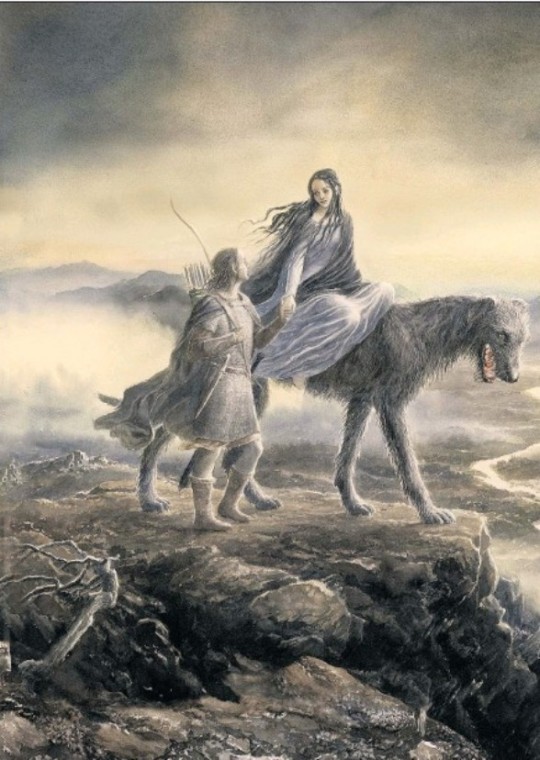
She taught this mantra to Madri, King Pandu's other wife, and she immaculately conceived twin boys named Nakula and Sahadeva (children of the Asvins). These children were Yudhishthira (child of Dharmaraj), Bhima (child of Vayu) and Arjuna (child of Indra). When her husband was cursed to die if he ever engaged in sexual relations, Kunti used this mantra to provide her husband with children fathered by various deities. Queen Kunti, the wife of King Pandu, was given a mantra that, when recited, meant that one of the Gods would give her his child. The heroes of the Hindu epic Mahabharata, the five Pandava brothers, fit the Western definition of demigods though they are generally not referred to as such. Examples of demigods worshiped in South India are Madurai Veeran and Karuppu Sami. Nandi (the divine vehicle of Shiva), and Garuda (the divine steed of Vishnu). There are two notable demigods in Vedic Scriptures: In Hinduism, the term demigod is used to refer to deities who were once human and later became devas (gods).

Pindar also used the term frequently as a synonym for "hero". Instead, those who demonstrated "strength, power, good family, and good behavior" were termed heroes, and after death they could be called hemitheoi, a process that has been referred to as "heroization". In these cases, the word did not literally mean that these figures had one parent who was divine and one who was mortal. Both describe dead heroes as hemitheoi, or "half gods". The earliest recorded use of the term occurs in texts attributed to the archaic Greek poets Homer and Hesiod. In the ancient Greek and Roman world, the concept of a demigod did not have a consistent definition and associated terminology rarely appeared. The Roman poet Ovid probably coined semideus to refer to less important gods, such as dryads. The English term " demi-god" is a calque of the Latin word semideus, "half-god". Picture of the Väinämöinen's Play by Robert Wilhelm Ekman, 1866.

Väinämöinen, the central character in Finnish folklore and the main character in the national epic Kalevala by Elias Lönnrot, is an old and wise demigod, who is possessed a potent, magical singing voice.


 0 kommentar(er)
0 kommentar(er)
